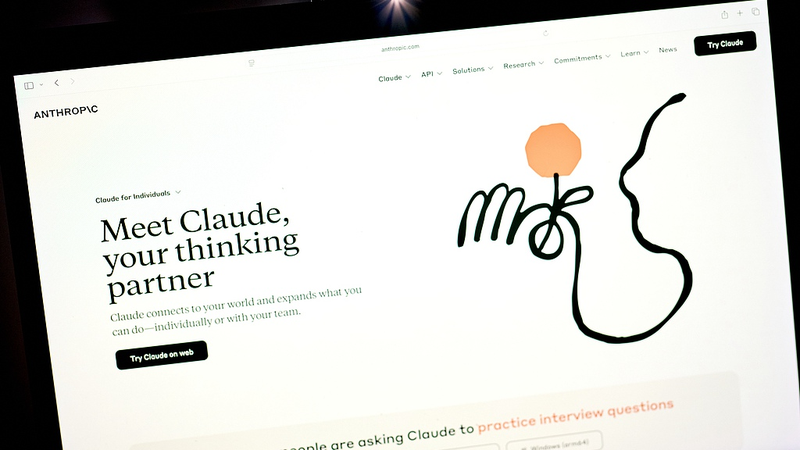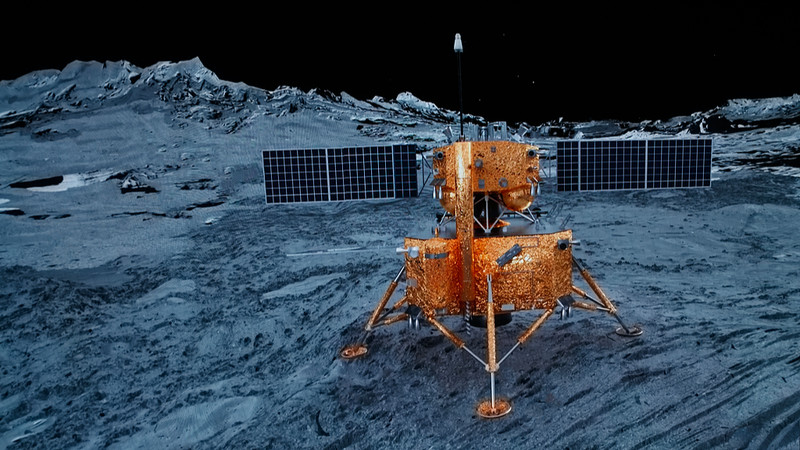In a bold move to accelerate its AI engine, Anthropic has struck an expanded deal with Alphabet-owned Google to tap into as many as one million of Google's custom tensor processing units (TPUs). This massive boost worth tens of billions of dollars will bring over one gigawatt of computing power online in 2026, all dedicated to training the next generation of its Claude large language model (LLM).
For young entrepreneurs and tech enthusiasts, this deal highlights how strategic partnerships are shaping the future of AI. Anthropic chose Google's TPUs for their standout price-to-performance ratio and energy efficiency, critical factors as AI startups push for both cutting-edge models and sustainable computing practices.
Analysts say the insatiable demand for AI chips is driving a modern-day gold rush. While Google's TPUs offer an alternative to the supply-constrained Nvidia chips, rivals like OpenAI are locking in deals that may exceed $1 trillion for around 26 gigawatts of capacity, enough power to light up millions of homes. Industry insiders estimate that one gigawatt of compute can cost roughly $50 billion.
Beyond the hardware race, Anthropic is doubling down on AI safety and enterprise-ready features. Its Claude models have already spurred innovation in startups like Cursor, empowering developers with 'vibe coding' tools and sparking conversations on the next wave of human-machine collaboration.
As the global AI landscape heats up, this partnership between Anthropic and Google not only underscores the high stakes in building more advanced chatbots but also signals a shift toward more energy-efficient and cost-effective AI infrastructures. For digital nomads, thought leaders, and sports and entertainment fans alike, these developments hint at a future where intelligent systems become even more woven into our daily lives, from personalized travel planning to real-time event analysis.
With so much compute on the horizon, the real question is: How will billions of transistors translate into smarter, safer, and more accessible AI for everyone?
Reference(s):
cgtn.com




